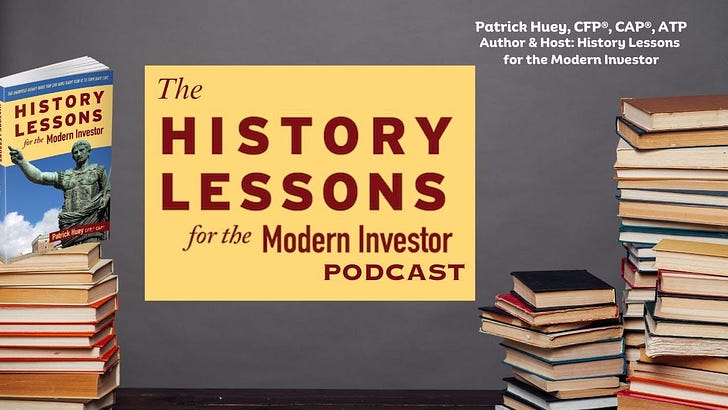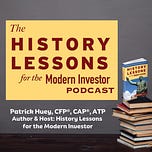The History Lessons Podcast is evolving! Enjoy “This Week in History,” and tune in for the HL4TMI Pod… interviews with history writers and makers. The Episode 🚦 Become A Better Historian (and Investor) While Sitting in Traffic-With Rebecca Bratspies is out now. See it here:
https://hl4tmi.substack.com/p/149167567
🗓️ On September 26, 1960, John F. Kennedy and Richard Nixon faced off in the first-ever televised presidential debate, altering the role of media in politics.
The debate was broadcast live, reaching around 70 million viewers. It featured both candidates standing at podiums, answering questions from a panel of journalists. Kennedy, the Democratic candidate, appeared calm, confident, and well-prepared. His youthful and charismatic appearance, coupled with his polished speaking style, resonated with the TV audience. He wore a dark suit, which contrasted well with the studio’s lighting, and looked directly at the camera, giving a sense of connection with viewers. Nixon, the Republican candidate, who had recently recovered from a knee injury and refused makeup, appeared pale under the bright studio lights. He also wore a gray suit that blended poorly with the backdrop and was generally less comfortable on camera than Kennedy. The exchange between the candidates, respectful but pointed, illustrated the power of television as a medium. While radio listeners tended to think Nixon had won based on content and arguments, television viewers overwhelmingly favored Kennedy, primarily due to his strong visual presence. This debate is considered one of the key moments that helped Kennedy win the closely contested election. The 1960 debate revolutionized American political campaigning, emphasizing the importance of image and media presence. It showed that television could shape public perception of candidates beyond their policy positions. Ever since, debates have become a staple of U.S. presidential elections, and candidates have paid increasing attention to their media image. And you can certainly see that policy positions mean less than it used to and image means more. Not exactly progress.
As we head into the silly season of elections with a little more than six weeks to go, we are left to digest the second presidential debate. Or was it the first? Even that is subject to debate! Does the outcome, however you saw it, matter for your portfolio? Probably not. A survey from the Pew Research Center asking Americans how they feel about economic conditions, shows that Republicans often feel better about the economy under a Republican president. Similarly, Democrats often feel better about the economy under a Democratic president. Well, duh. I mean, this is an example of confirmation bias. You will look for information confirming your bias, and you will ignore what goes against it. And if your team is the Republicans, you're going to naturally feel better because you're finding information that confirms your bias that, hey, things are pretty good. If your team is the Democrats, you're going to do likewise. It's natural. It's part of the human brain, so don't feel badly about it and don't hold it against other people. Just realize that it does happen, and this perception is not reality. Performance is relatively close, no matter the combination of who wins the White House. You wouldn't hold your nose up at average returns under either party. My fellow Americans, loving or hating the government or those running it is not an investment plan. That is pretty black and white, which is about the only thing this election season has in common with the 1960 version.
🎯Patrick Huey is a small business owner and the author of three books on history and finance as well as the highly-rated recently-released fictional work Hell: A Novel. As owner of Victory Independent Planning, LLC, Patrick works with families and non-profit organizations. He is a CERTIFIED FINANCIAL PLANNER™ professional, Chartered Advisor in Philanthropy® and an Accredited Tax Preparer. He earned a Bachelor’s degree in History from the University of Pittsburgh, and a Master of Business Administration from Arizona State University. Patrick previously served as a Naval Flight Officer from 1996-2005, earning the Strike Fighter Air Medal during combat operations and two Navy Achievement Medals. 👉🏻 Reach him at 877-234-8957 or schedule a time to talk using this link:
https://live.vcita.com/site/VictoryIndependentPlanning/online-scheduling?service=qqnvdgx7ri5j5czq
#podcast #investing #investmentdecisions #economicdecisions #presidentialdebate #nixon #kennedy #jfk #1960s #television





